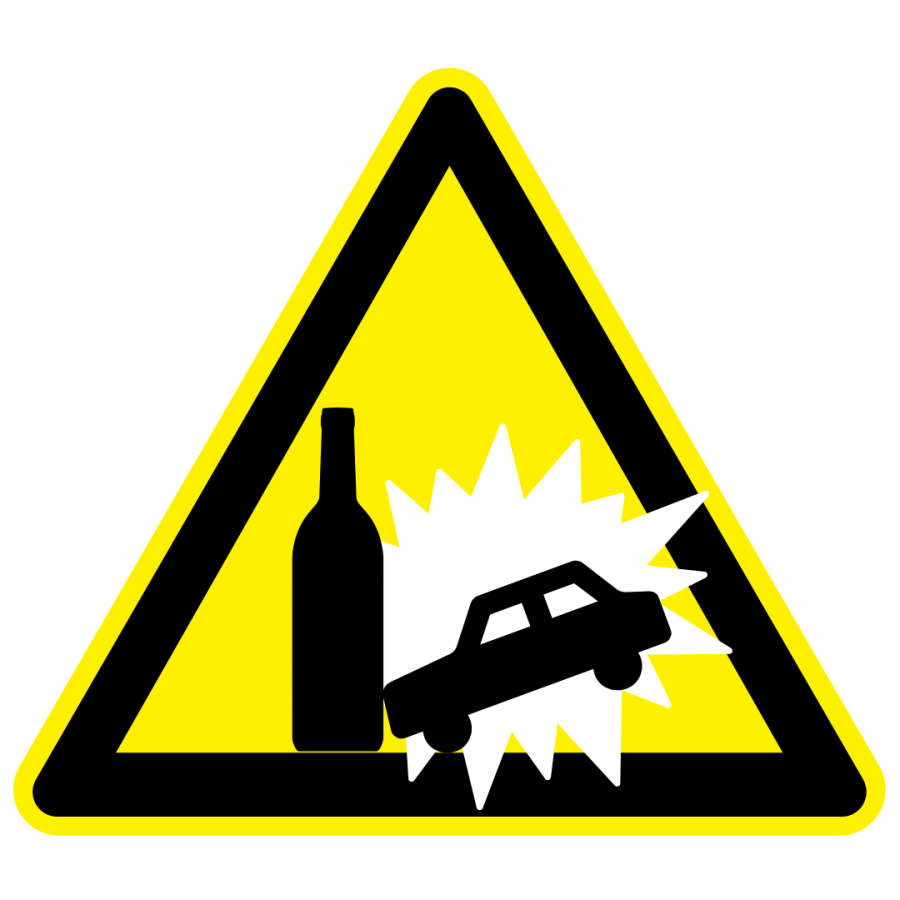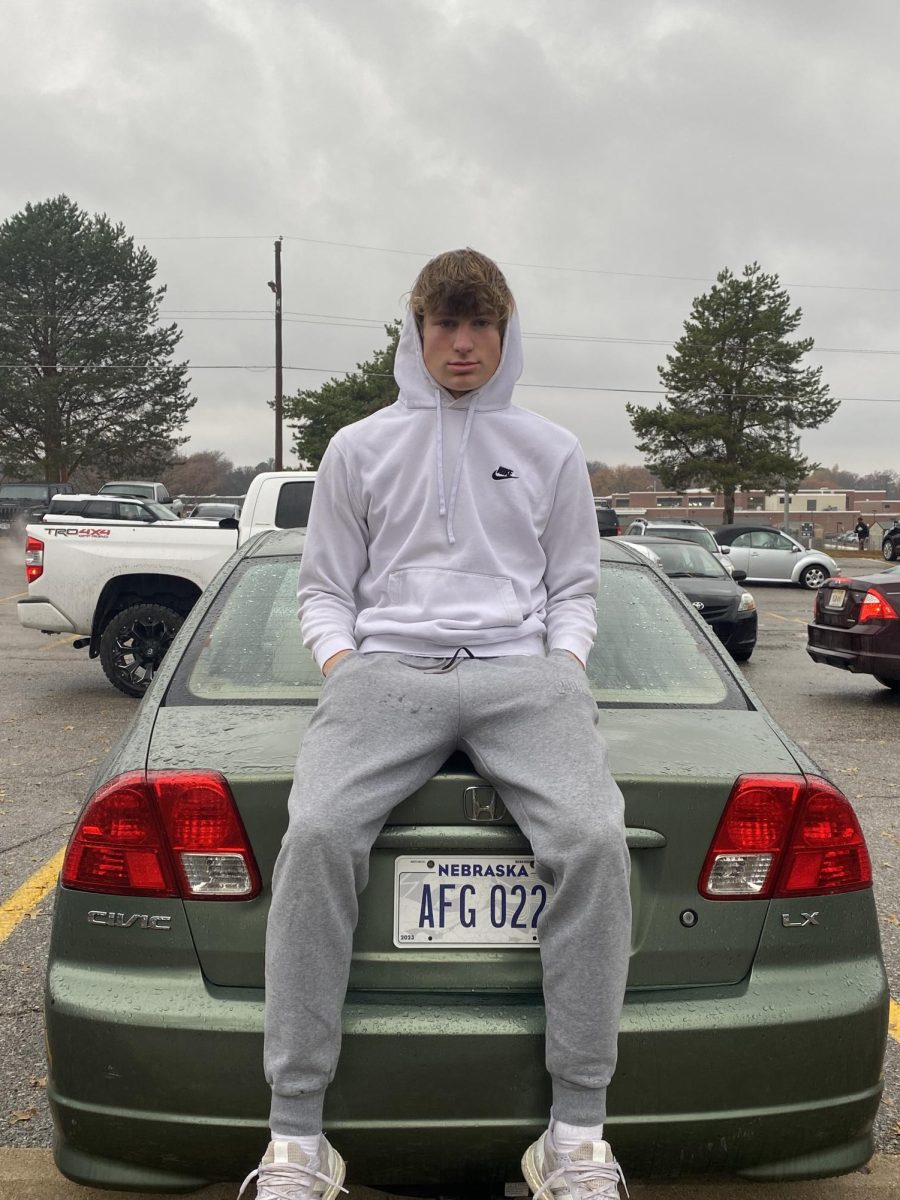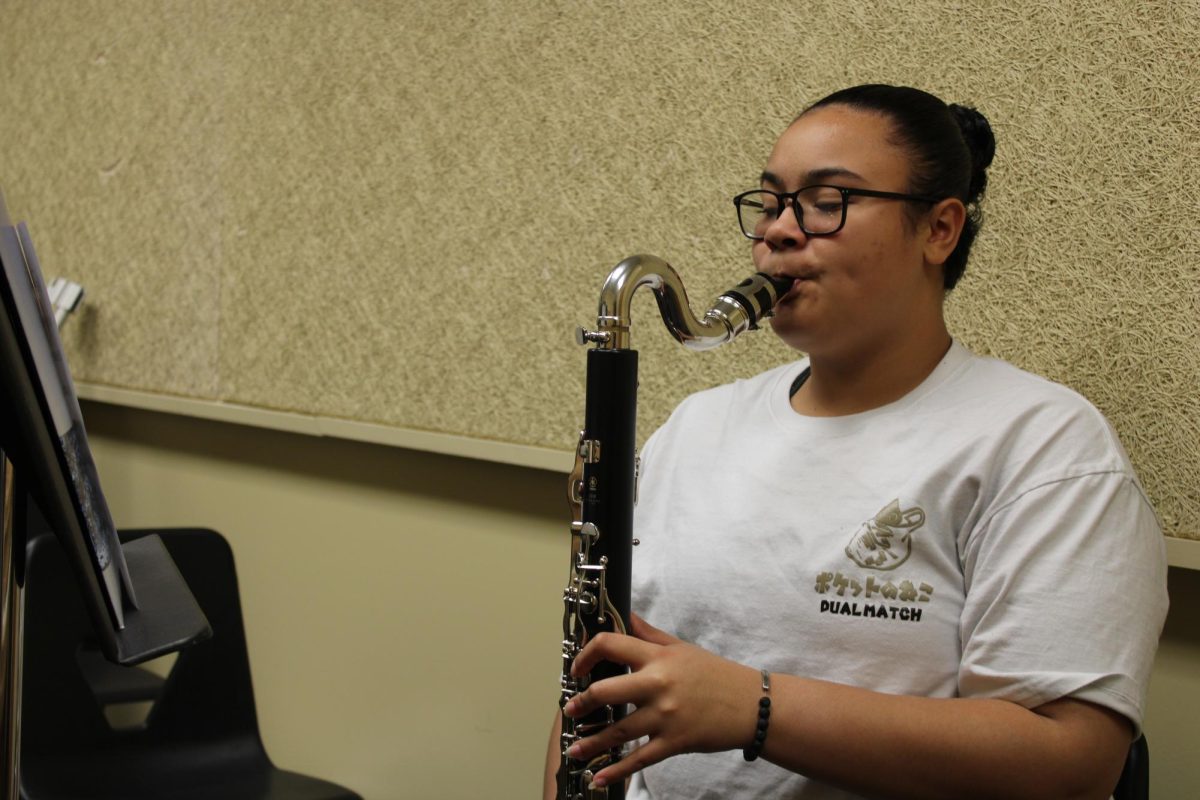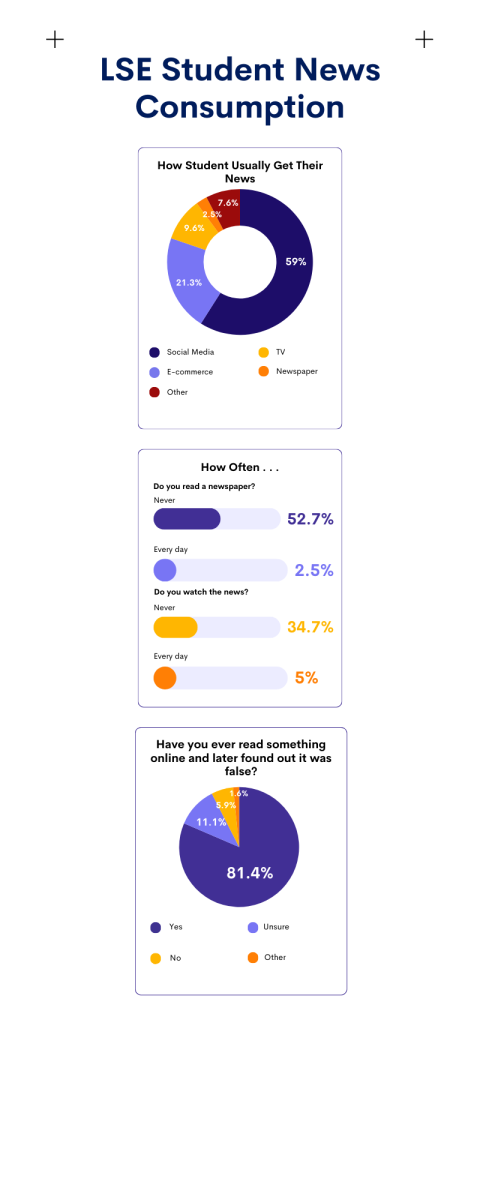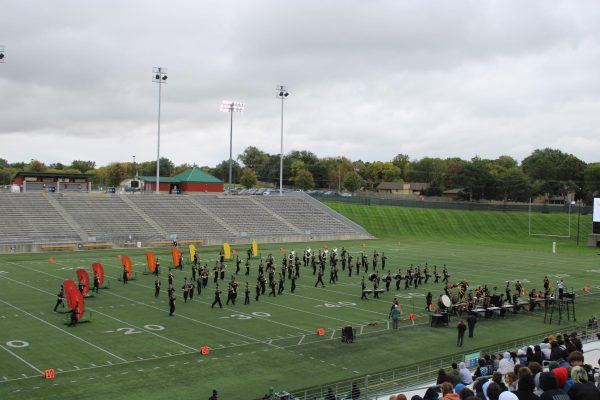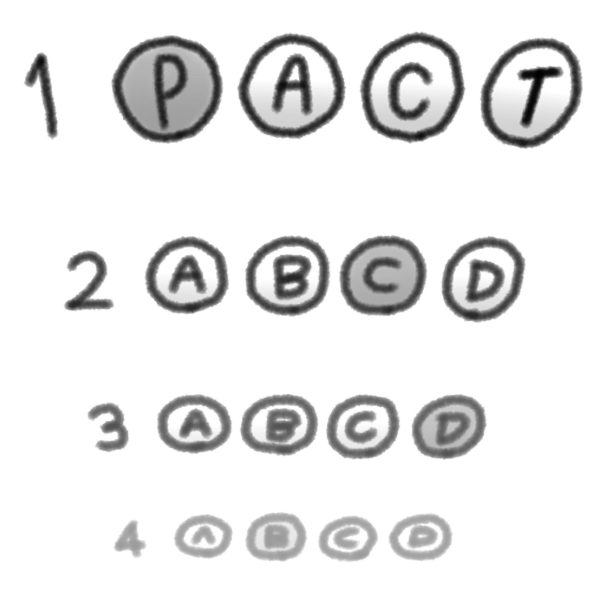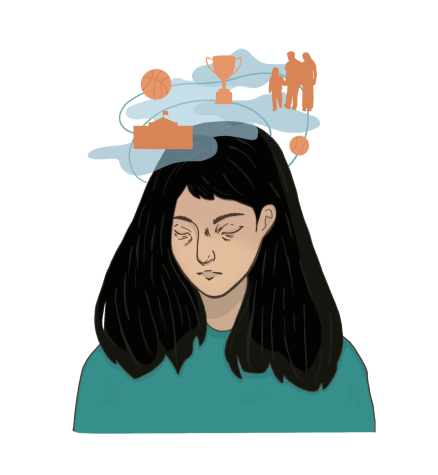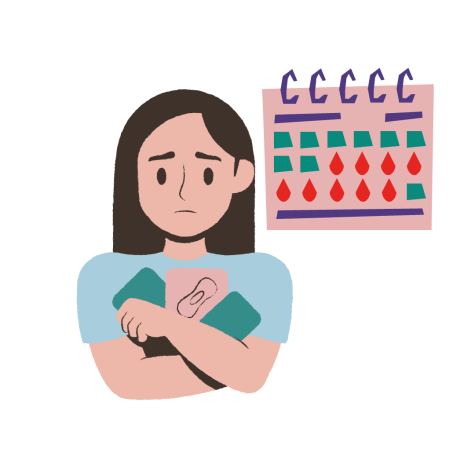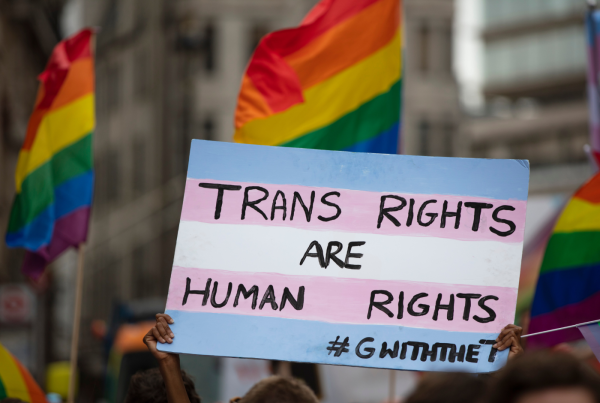OPINION: It’s the most deadly time of the year to safely navigate Lincoln’s roads
Lincoln parents and lawmakers need to do a better job of addressing drunk driving
October 30, 2022
The problem
A drunk 24-year-old woman was responsible for a hit and run that took place post Oct.1 Husker Football Game. Out of 7 home games in the 2021 Husker Football season, Nebraska State Patrol issued 58 Driver Under Influence (DUI) arrests, 18 Open Container tickets and 12 Minor In Possession (MIP) tickets– and that does not even begin to scratch the surface of the real number of irresponsible drinkers on a Husker game day.
With all the celebratory activities that Oct.-Jan. 1 entails– holidays, sporting events, dances (and not to mention increasingly dangerous weather-based road conditions)– I believe the fall and winter season is the most dangerous time for drunk driving.
The National Institute on Drug Abuse estimates that “almost 44 percent of drivers in fatal car crashes” tested positive for drugs or alcohol.
Looking specifically at events that facilitate drinking, the National Library of Medicine (NLM) found that “41 percent of spectators at a major league baseball game test positive for alcohol.”
But according to NLM, most public education efforts to combat drinking correlate drinking events strictly to holidays such as New Year or the Fourth of July. However, public arrest records– looking at 10 home football game days, 10 holidays and 10 control days– in a town with a successful Division One football team reveal otherwise.
“Specifically, on average there were 70.3 arrests on each football game day, compared to 12.3 arrests on non-game ‘control Saturdays,’ and 11.8 arrests on holidays. Offenses committed on game days generally occurred closer to the football stadium than crimes committed on holidays or control days,” NLM said. “Though efforts have been made to combat excessive drinking on holidays, more effort is needed to address the significant binge drinking among students and other spectators that is associated with high profile collegiate sporting events.”
Not to mention, the crowded and hectic traffic of a game day in combination with drinking is a disaster waiting to happen.
Now how does this affect teenage drivers?
According to the Collegian Editorial, young drivers are 17 times more likely to get in a crash with a .08 BAC than if sober. Additionally, due to teens having less driving experience, they are three times more likely to be in a fatal crash than experienced drivers.
Another reason why this may affect young people more than adults is because of their attempts to conceal their drinking from their parents. For example, teenagers may have curfews they need to meet in order to avoid punishment, or don’t want to leave their car somewhere and get a ride home due to it being viewed as “admitting” to getting drunk.
And it’s not always the fault of young drivers. Adults who are supposed to be setting good examples continue to get behind the wheel intoxicated. Nevertheless, this still puts sober teen drivers at risk of getting hit by other drunk drivers. Drunk driving is a problem that plagues society as a whole, not just teenagers and college students.
City solutions
As of right now, the city’s method of getting drunk drivers off the street is fear tactics such as the threat of receiving a DUI or MIP if caught drinking and driving, or drinking underage. I also think public transportation could be improved so people are more comfortable with taking buses, taxis and so on. The reason that drunk driving is a much larger problem in rural and small towns is that driving is used more often in comparison to big cities where few people use cars to get around. On days correlated with heavy drinking, the government could pay bus and taxi drivers to drive anyone who needs a ride, free of charge, no questions asked. Normalizing public transportation would not only avert drunk driving but would also be healthier for the environment as well.
Cultural solutions
But what are some things parents and teenagers can do to change this culture in the first place? Why is it so normal for college students to drink so much they get alcohol poisoning, and for adults to be driving home while under the influence?
One thing I think could change about drinking culture is creating a new perspective on how alcohol is to be used.
I believe there is a lesson to be learned about alcohol on both sides of my family. On my dad’s side, my grandpa suffered from alcoholism. He drank all the time, and it ultimately ended up being a major contributor to his death. This was a reason for my dad’s complete distaste for alcohol, which could also be motivation for others to stay away from it.
On my mother’s side, my grandma is a German immigrant, whose normal is to have a glass of wine with her meal nightly. This was how my mom was raised to view alcohol, even being handed a small drink often since she was 12 years old. This taught her that alcohol was not some forbidden, illicit substance. Now, she hardly ever drinks in pursuit of intoxication.
Out of both situations, the latter is a much healthier relationship to have with alcohol, differing greatly from the American perspective on the drug. American culture maintains the idea that alcohol should be used only to get drunk– using it as a social crutch, or as a coping mechanism to suppress negative feelings. The idea of underage drinking is considered taboo– whether done at home or not– resulting in students who had no prior experience with alcohol to then go on to college and become heavy drinkers due to their newfound freedom.
On nights like collegiate football games or heavy drinking holidays and your child is going out, consider encouraging them to stay the night somewhere. Then they won’t have to risk driving when drunk, driving with other intoxicated drivers on the road or getting into the car of a person under the influence. In a society that normalizes heavy drinking culture in every celebratory setting, it is hypocritical to expect everyone under the age of 21 to completely ignore it. Rather than ignoring the fact that underage drinking happens, or villainizing the idea of substance use by telling little kids to say “NO” to peer pressure, parents should be demonstrating a healthy relationship with alcohol. Parents or guardians should feel comfortable enough to have conversations with their children about drinking, and even acknowledge that drinking may be a possibility and offer them a ride if needed.
No parent wants to face the reality that their children may be participating in illegal activities. However, instead of waiting to find out after the fact, and then punishing them (which may not stop the action, just makes them better at hiding it), parents should be focusing more on the safety and health of their child.
Just remember: you would rather have your children drinking safely rather than getting into a fatal crash in an effort to make curfew.

